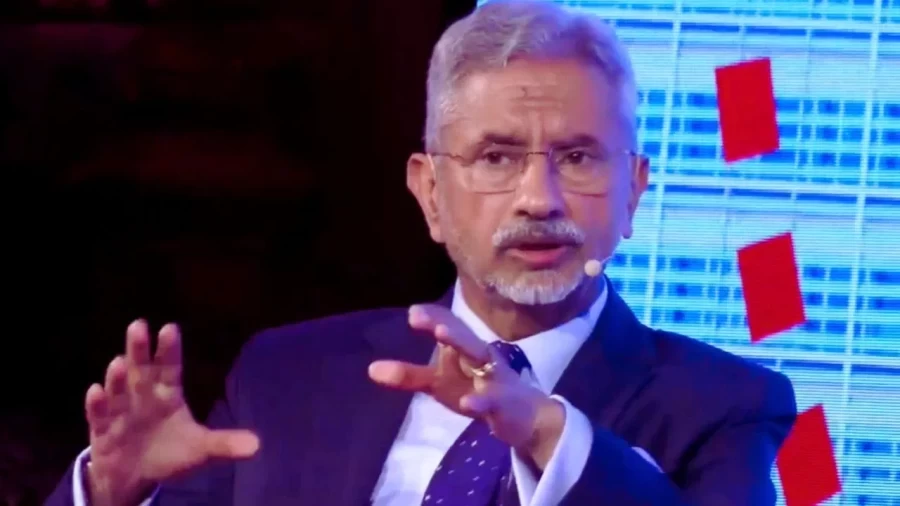S Jaishankar: The central government led by Prime Minister Narendra Modi has completed 11 years of its tenure. During this period, a massive change has been seen in India's foreign policy. Presenting an account of the diplomatic journey of these 11 years, Foreign Minister Dr. S. Jaishankar clearly said that India is no longer the same as before - now the world has to understand that cooperating with India is a profitable deal, and confrontation may cost money.
Realistic thinking of relations with neighboring countries
Jaishankar said that India should not expect smooth and easy relations with its neighbors all the time. He made it clear that ups and downs in relations are natural, but India has always acted with restraint and wisdom. India has resolved the challenges in relations with countries like Nepal, Sri Lanka and Maldives in a balanced manner. India's relations have remained strong even after the change of government in Sri Lanka, while relations with Maldives have returned on track despite initial tensions.
Pakistan: An example of isolation and clear policy
Jaishankar's stand on Pakistan was very clear and tough. He said that Pakistan has defined itself under the thinking of the army, due to which the feeling of hostility has taken deep roots there. He reminded that earlier India had shown restraint even on heinous terrorist attacks like 26/11 Mumbai attack, but the Modi government has changed the policy and made it clear through Uri surgical strike (2016), Balakot air strike (2019) and the recent Operation Sindoor that now India will not be a mute spectator. Jaishankar said bluntly, "India will no longer provoke first, but if provoked, it will not let go."
India's strategy regarding China and America
Regarding China, Jaishankar said that India will have to increase its strategic capabilities to deal with border disputes. He described the 2020 Galwan Valley clash as a tough lesson, which further strengthened India's defense strategy. At the same time, in the context of America, he said that there is some uncertainty in its policy, so India is moving towards stability by building a multidimensional partnership.
India's role in times of crisis: From Operation Ganga to Sindhu
The most humane face of the Modi government's foreign policy came to the fore when Indians were evacuated safely during times of crisis around the world. Whether it was Operation Ganga during the Ukraine-Russia war or Operation Sindhu during the Iran-Israel conflict, India successfully demonstrated its diplomatic capability and human sensitivity. Jaishankar said that these operations are proof of India's strong position in global crises.
Deepening relations with Indo-Pacific and Gulf countries
The foreign policy of the Modi era has not only strengthened its relations with the neighbours but also with the Indo-Pacific region, ASEAN countries and Gulf countries. India's "Act East" policy and increasing activism in the Indo-Pacific have made it an important player in the global balance of power. Strategic, economic and cultural cooperation with the Gulf countries has established India as a stable partner in West Asia.
Foreign policy of a self-reliant and strong India
In 11 years, India has not only strengthened its foreign policy but has also raised its voice on the global stage. Under the leadership of Prime Minister Modi, India is no longer following a "reactive" but a "proactive" foreign policy. S. Jaishankar's message is clear—India now talks to the world on its own terms, and this is the new India.


